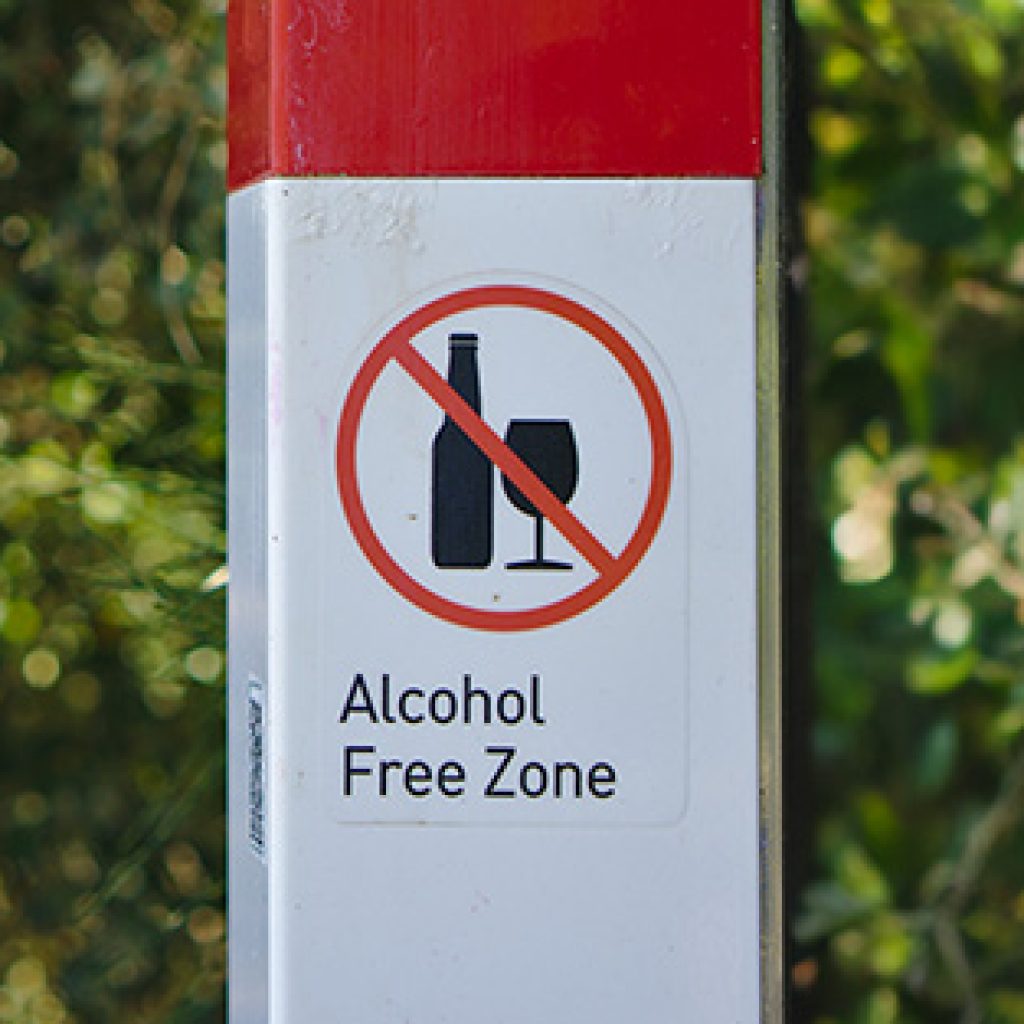May 2020 National Observances and Awareness: Focusing on What We CAN Do
May 2020 National Observances and Awareness: Focusing on What We CAN Do
May is a “Happening” Month in 2020! In these uncertain times it is often easy to feel helpless and hopeless. Doing something that contributes to the common good – whether it is connected with work or not – can lift our spirits and provide purpose and meaning in our lives. Here are just a few of the observances and some practical suggestions for making a difference during the month of May.
Mental Health Month: “Tools 2 Thrive” – Everyone faces challenges from day to day that may impact mental health and 1 in 5 people will experience mental illness during their lifetime. This year’s toolkit includes printable handouts, social media and web components, media materials, additional resources, and a bonus COVID-19 infographic. During Mental Health Month you might use the 2020 Mental Health Month Toolkit to learn about:
- Owning your own feelings
- Finding the positive
- Eliminating Toxic Influences
- Creating Healthy Routines
- Supporting Others
- Connecting with Others
- Take a Mental Health Screening. This year’s goal is to screen a million people in May. Screening helps people to seek treatment when they do not recognize symptoms of mental illness. Delaying treatment often happens when symptoms are not recognized. Available screening tests include Depression, Anxiety, Bipolar, eating disorder, and PTSD. Share the link with someone you care about!
National Children’s Mental Health Awareness Day – “SAMHSA created National Children’s Mental Health Awareness Day (Awareness Day) more than a decade ago to shine a national spotlight on the importance of caring for every child’s mental health and to reinforce the message that positive mental health is essential to a child’s healthy development.” The observance was started to increase public awareness about the needs of children with serious mental illness (SMI) and severe emotional disturbance (SED), to provide information on evidence-based practices for their families, and to assist help-seeking behaviors for those who need it. The first Awareness Day event was held in Washington, DC in 2005 to support community level efforts. Some things you can do this month to support your community in responding to the mental health needs of children are:
- Watch SAMHSA’s video about last year’s Awareness Day: National Children’s Mental Health Awareness Day 2019-Suicide Prevention: Strategies That Work.
- Access resources and supports from SAMHSA and the Awareness Day partners.
- Plan Awareness Day activities for your own community during the month of May, such as hosting a mental health resource fair, a film screening and panel discussion, a family-friendly barbeque, fun run, or Twitter chat and a children’s mental health issue.
- Be sure to register your Awareness Day event!
National Prevention Week (NPW) – SAMHSA’s next NPW is May 10-16, 2020. Each year around this observance, communities and organizations across the country come together to raise awareness about the importance of substance use prevention and positive mental health. Things you can do to observe NPW include:
- Join the Prevention Challenge by participating on social media.
- Download the NPW Toolkit to plan your NPW events. Learn how on the Community Events page which is also available En Español.
- Use NPW promotional materials to get others involved.
- Watch webinars from the NPW Webinar Series to learn about organizations who use prevention strategies.
National Women’s Health Week (NWHW) is May 10-16 – NWHW is a reminder for women and girls to take care of their health. If you are a woman or girl you can take the following steps from the Office on Women’s Health to take care of your body and mind:
- Talk to your healthcare provider:
- if you have concerns about COVID-19;
- if you are sick;
- if stress is getting in the way of your daily activities; or,
- if you have a health condition, such as asthma, diabetes, high blood pressure or obesity, to develop or maintain a plan to keep it under control.
- Maintain a healthy weight.
- Get and stay active regularly in your home(link is external) or outside your home.
- Eat heart-healthy, well-balanced meals and snacks.
- Take care of your mental health
- Stay connected with family and friends.
- Find healthy ways to manage stress.
- Practice good sleep habits to improve your mental and physical health, and boost your immune system:
- Follow a routine for going to sleep – be consistent going to bed and getting up – even on weekends.
- Try to get at least 7 hours of sleep.
- Monitor alcohol intake and avoid illicit drugs, including drugs that are not prescribed to you.
- Look out for your lungs
- Try to quit smoking and vaping.
- Smoking weakens your lungs and puts you at a much higher risk of having serious complications.
- Slow and stop the spread of COVID-19 while protecting yourself. To get the most up-to-date information on COVID-19, visit:
-
- CDC.gov/coronavirus
- Coronavirus.gov
- USA.gov/coronavirus
- When to Seek Emergency Care By: Adm. Brett P. Giroir, M.D., Assistant Secretary for Health
- When to Seek Emergency Care(link is external) (video) By: Adm. Brett P. Giroir, M.D., Assistant Secretary for Health
- Five Things You Need to Know About Donating Blood During the COVID-19 Outbreak(link is external) (video) By: Eric Hargan, Deputy Secretary of HHS
- US Department of Health and Human Services COVID-19(link is external) video playlist (YouTube)
To support women and girls that you care about, you can participate in National Women’s Health Week, too by:
- Sharing what steps you’re taking for good health at every age. Use our social media and promotional tools. Use #NWHW and #FindYourHealth in any social media messages you share.
- Organizing events or activities in your community.
- Using the online tool for customized tips to improve your healthy eating and physical activity habits.
- Sharing the tool with your friends and family to help them take the next step on their personal health journeys.
Additional ways to observe this important awareness event include:
Accessing informative articles from the CASAT OnDemand Catalyst Blog. Choose from among the weekly posts from the past two years by selecting from 77 behavioral health categories, such as Adverse Childhood Experiences (ACEs), Awareness Events, Community Reinforcement Approach (CRA), COVID-19, Medication Assisted Treatment (MAT), Suicide, and Stress Prevention and Management. Or find materials and links on the Resources & Downloads page. Take advantage of the many trainings offered by CASAT Training scheduled live online webinars or self-paced, online videos. Live offerings for May include:
- Lying and Running Stop Signs: Addressing Stigma and Overwork in our Workplaces – May 12, 2020 – 12:00 0 1:30 pm PST
- Foundations for Working with Clients in Treatment and Recovery – May 28, 2020 – 11:00 – 12:30 pm PST
- Motivational Interviewing Changing the Conversation: Peers & Community Health Workers (CHW) on the Frontlines – May 29, 2020 11:00 – 12:30 pm PST
How will you or your organization participate in these observances? Share in the comments below or submit your event in the Community Event Calendar.
Blog Post Tags:
Related Blog Posts
Related Learning Labs
Related Resources
.
- Buscar Tratamiento de Calidad para Trastornos de uso de Sustancia (Finding Quality Treatment for Substance Use Disorders Spanish Version)
- Finding Quality Treatment for Substance Use Disorders
- Focus On Prevention: Strategies and Programs to Prevent Substance Use
- Monthly Variation in Substance Use Initiation Among Full-Time College Students
- The National Survey on Drug Use and Health (NSDUH) Report: Monthly Variation in Substance Use Initiation Among Adolescents








